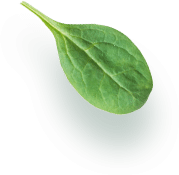

Dried Banga Leaf
₦6,000.00 Original price was: ₦6,000.00.₦5,000.00Current price is: ₦5,000.00.
Dried Banga leaf, from the Brachystegia eurycoma tree, is essential in West African cooking, particularly for Banga soup. Known for its earthy, slightly bitter flavor, it enhances soups and stews. Rich in antioxidants and anti-inflammatory compounds, Banga leaf also aids digestion and respiratory health. Store in an airtight container for up to a year to maintain its aromatic potency.
Description
Dried Banga leaf, also known as “Banga” or “Obeletientien” in Nigeria, is a key ingredient used in the preparation of dried Banga soup, a popular dish in the Niger Delta region of Nigeria. These leaves come from the Brachystegia eurycoma or Brachystegia nigerica trees. They are known for their distinctive flavor and aromatic properties, which enhance the taste of traditional soups and stews.
Nutritional Profile
Banga leaves are used primarily for their flavoring properties rather than their nutritional content. However, they contain various bioactive compounds that contribute to their health benefits:
- Calories: Minimal caloric content as they are used sparingly.
- Carbohydrates: Contains trace amounts of carbohydrates.
- Protein: Very low protein content.
- Fats: Negligible fat content.
- Vitamins and Minerals: Contains small amounts of vitamins and minerals.
- Phytochemicals: Rich in essential oils and phytochemicals such as alkaloids, flavonoids, and tannins, which impart health benefits and flavor.
Health Benefits
- Digestive Health: Banga leaves aid digestion by stimulating the production of digestive juices, helping to alleviate indigestion and bloating.
- Anti-inflammatory Properties: Contains compounds that reduce inflammation, making it useful for managing inflammatory conditions.
- Antimicrobial Activity: Exhibits antimicrobial properties, which can help in fighting bacterial and fungal infections.
- Antioxidant Benefits: Rich in antioxidants, Banga leaves help neutralize free radicals, reducing oxidative stress and protecting against cellular damage.
- Respiratory Health: Traditionally used to treat respiratory conditions, helping to clear mucus and improve breathing.
- Pain Relief: Used in traditional medicine to relieve pain, particularly in conditions like arthritis and muscle aches.
Culinary Uses
Banga leaves are highly valued for their aromatic and flavor-enhancing properties in cooking:
- Flavoring: Adds a unique earthy, slightly bitter flavor to soups and stews.
- Seasoning: Used as a seasoning ingredient in Banga soup, a traditional palm nut soup.
- Spice Blends: Included in spice blends to enhance the flavor of various dishes.
- Broths and Stews: Infused in broths and stews to impart a distinctive aroma and taste.
How to Use Banga Leaf
- Preparation: Rinse the Banga leaves thoroughly to remove any dirt or debris before using.
- Infusion: The leaves are typically added whole to the pot while cooking and removed before serving, similar to bay leaves.
- Crushed or Ground: Can be crushed or ground into a powder and added to dishes for a more intense flavor.
Storage and Shelf Life
- Storage: Store Banga leaves in an airtight container in a cool, dry place to maintain their potency and aroma.
- Shelf Life: When stored properly, dried Banga leaves can last up to a year. Check for signs of mold or deterioration before use.
Culinary Tips
- Enhancing Flavor: Lightly crush or tear the leaves before adding them to dishes to release more of their aromatic compounds.
- Balancing Flavors: Use in combination with other traditional spices like crayfish, iru (fermented locust beans), and ataiko for a well-rounded flavor profile.
- Complementary Ingredients: Pairs well with ingredients such as palm nuts, meat, fish, and leafy greens commonly used in West African cuisine.
Additional information
| Weight | N/A |
|---|---|
| Package Size | 100g |
Related products
-
Sale!
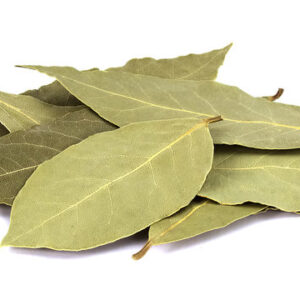
Bay leaf
₦5,000.00Original price was: ₦5,000.00.₦4,000.00Current price is: ₦4,000.00. Select options This product has multiple variants. The options may be chosen on the product page -
Sale!
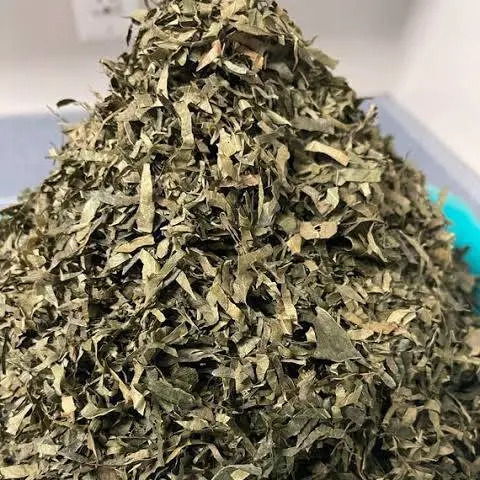
Dried Ukazi leaf
₦10,000.00Original price was: ₦10,000.00.₦8,000.00Current price is: ₦8,000.00. Select options This product has multiple variants. The options may be chosen on the product page -
Sale!
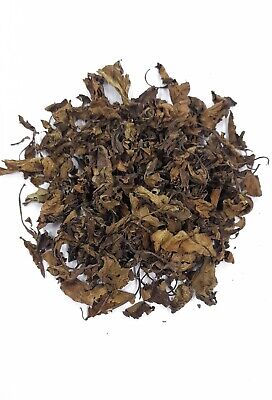
Dried Scent Leaf
₦7,000.00Original price was: ₦7,000.00.₦6,000.00Current price is: ₦6,000.00. Select options This product has multiple variants. The options may be chosen on the product page -
Sale!
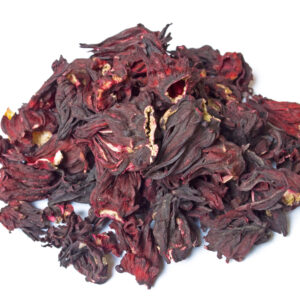
Dried Zobo Leaf
Rated 5.00 out of 5₦11,000.00Original price was: ₦11,000.00.₦10,000.00Current price is: ₦10,000.00. Select options This product has multiple variants. The options may be chosen on the product page

